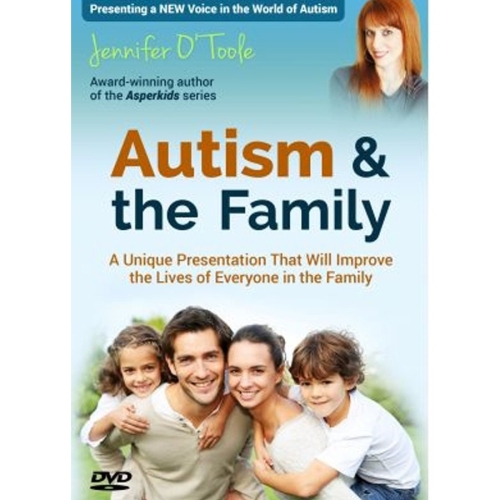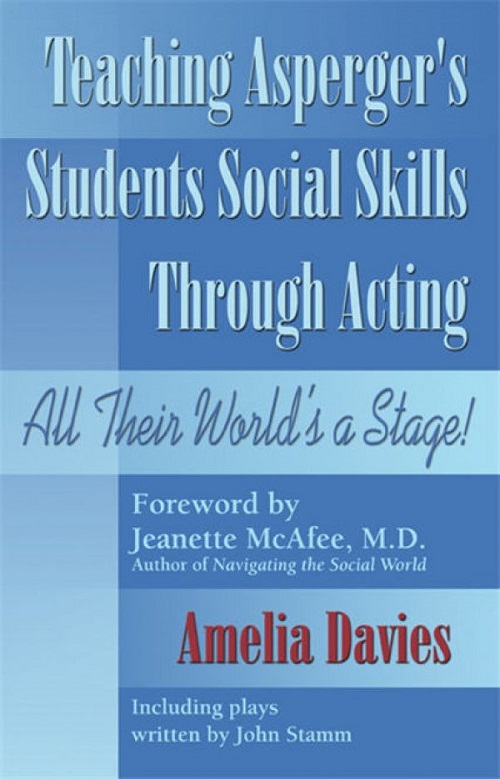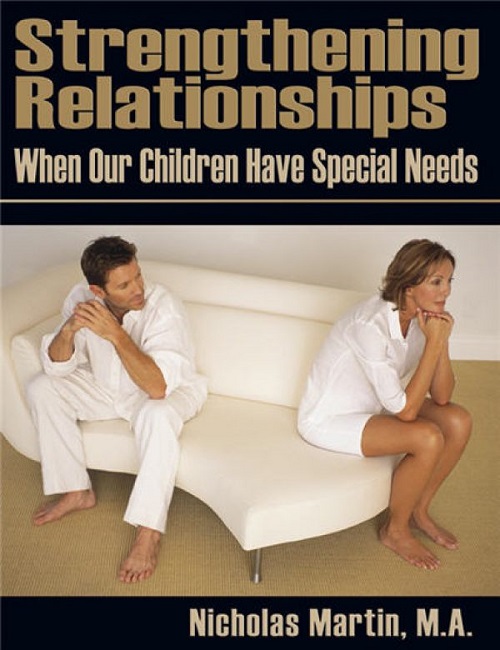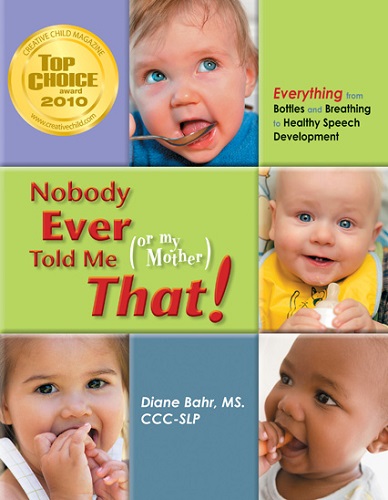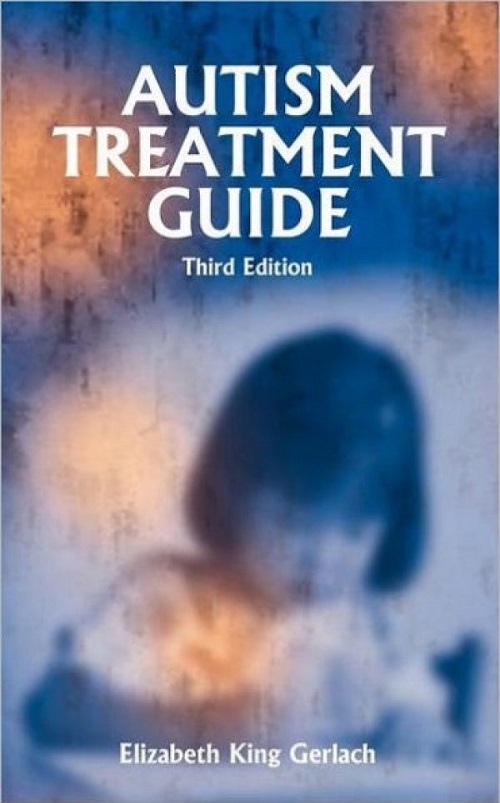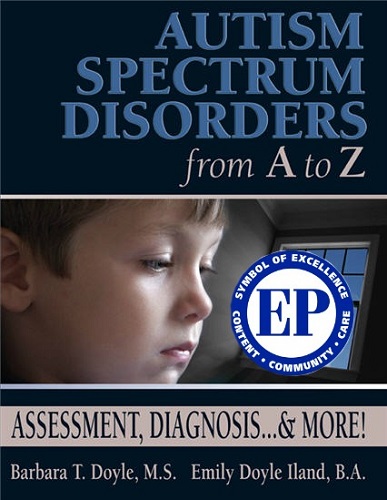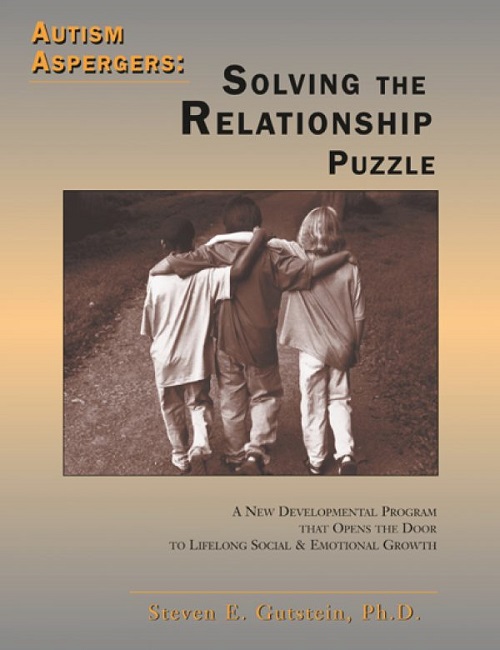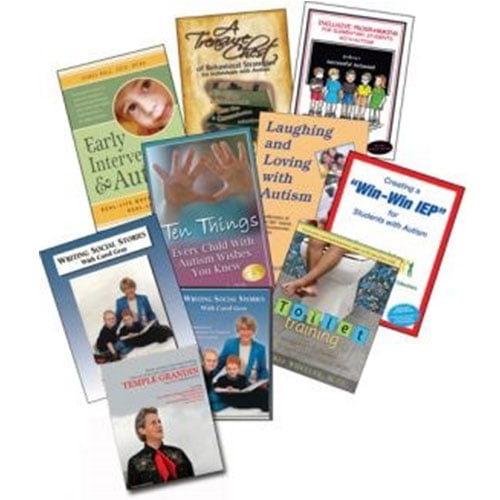-
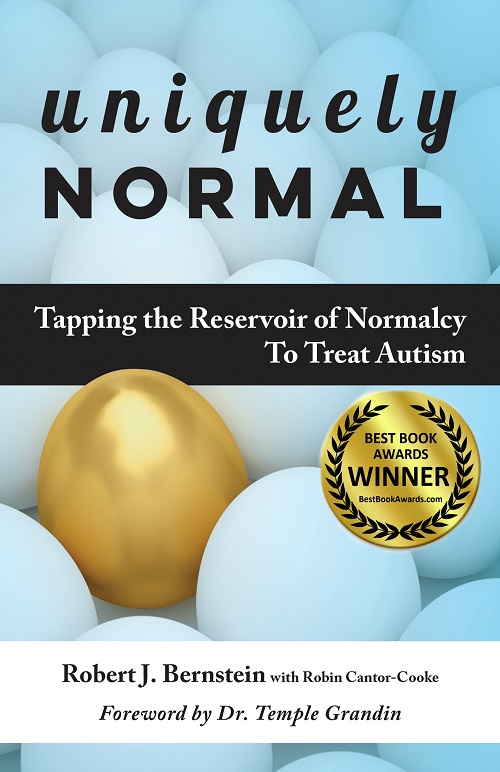 Author Robert J. Bernstein has found a different approach based on cognition thinking in helping people of all ages with ASD. Rob’s goal is for people with ASD to be able to live in the world and connect with the people in it as themselves, to express their unique humanity and engage more fully in the human interactions that give life meaning and make it worth the effort of getting out of bed every day. He believes that whatever he does therapeutically must be on the ASD individual’s terms; he or she must lead.
Author Robert J. Bernstein has found a different approach based on cognition thinking in helping people of all ages with ASD. Rob’s goal is for people with ASD to be able to live in the world and connect with the people in it as themselves, to express their unique humanity and engage more fully in the human interactions that give life meaning and make it worth the effort of getting out of bed every day. He believes that whatever he does therapeutically must be on the ASD individual’s terms; he or she must lead. -
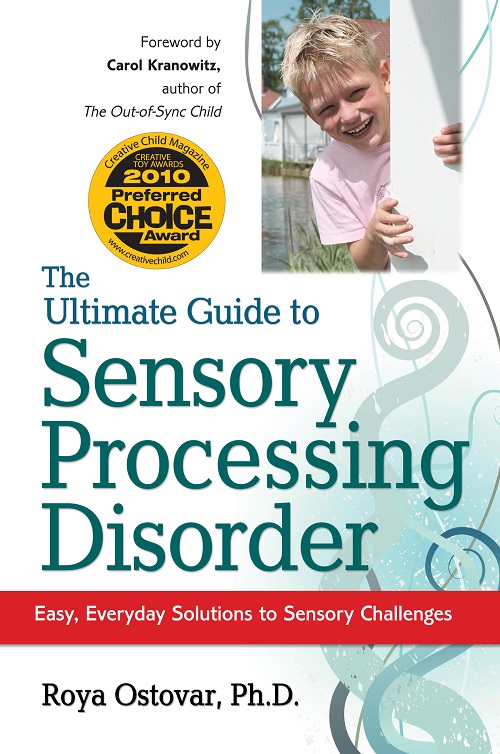 When sensory processing is impaired, lights can be too bright, sounds too loud, and clothes can actually be painful on the skin. It can be practically impossible for children to tolerate their day, let alone learn in a classroom. In this book, with a foreword by best-selling special-needs author Carol Kranowitz, neuropsychologist Dr. Roya Ostovar helps parents to help their children.
When sensory processing is impaired, lights can be too bright, sounds too loud, and clothes can actually be painful on the skin. It can be practically impossible for children to tolerate their day, let alone learn in a classroom. In this book, with a foreword by best-selling special-needs author Carol Kranowitz, neuropsychologist Dr. Roya Ostovar helps parents to help their children. -
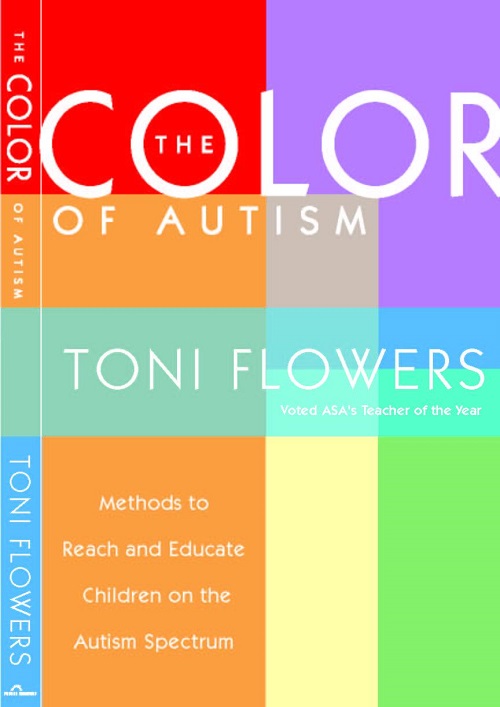 Voted “Teacher of the Year” by ASA, Toni Flowers invites readers to learn from, tweak, and refine the strategies she’s used during her quartercentury of teaching children with autism. Chockfull of great ideas, this book tackles some of the thorniest problems (runners, homework, screamers, setting limits, aggression, etc.) facing teachers and parents. It will quickly become a goto book in your library!
Voted “Teacher of the Year” by ASA, Toni Flowers invites readers to learn from, tweak, and refine the strategies she’s used during her quartercentury of teaching children with autism. Chockfull of great ideas, this book tackles some of the thorniest problems (runners, homework, screamers, setting limits, aggression, etc.) facing teachers and parents. It will quickly become a goto book in your library! -
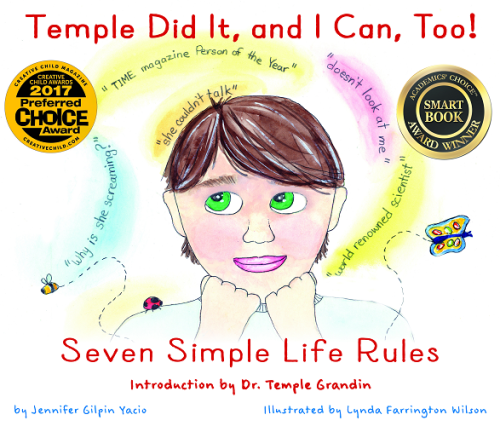 The FIRST children’s book by these two authors, Temple Did It and I Can Too! will help guide and inspire kids to reach their full potential. Winner of a 2015 Academic’s Choice Award, this book explains the obstacles Dr. Temple Grandin faced while growing up, the the rules she followed to overcome them, and her path to become a leading animal scientist and a world-famous advocate for those with autism. This colorful, hardcover book even includes worksheets for kids to identify and reach their goals!
The FIRST children’s book by these two authors, Temple Did It and I Can Too! will help guide and inspire kids to reach their full potential. Winner of a 2015 Academic’s Choice Award, this book explains the obstacles Dr. Temple Grandin faced while growing up, the the rules she followed to overcome them, and her path to become a leading animal scientist and a world-famous advocate for those with autism. This colorful, hardcover book even includes worksheets for kids to identify and reach their goals! -
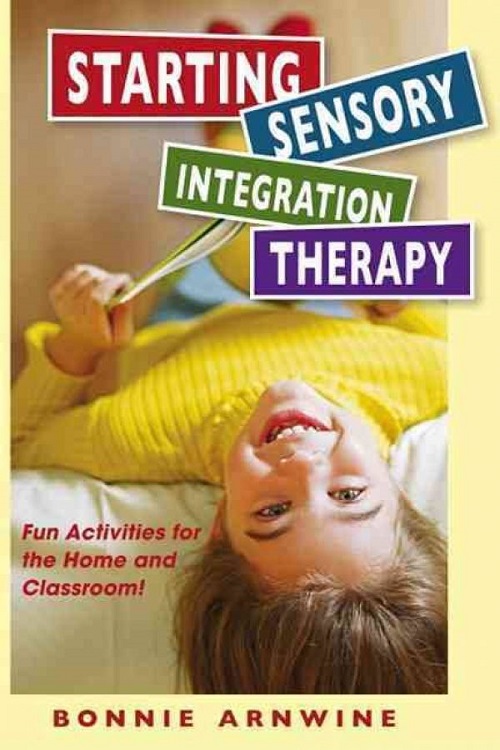 Starting Sensory Therapy offers 100+ activities and games for children with Sensory Processing Disorder (SPD). Parent of a son with SPD, author Bonnie Arnwine chose activities that require minimal time, money, and clean-up. Most “ingredients” are already on hand: empty yogurt cups, string, soap, flour, paper plates, etc.
Starting Sensory Therapy offers 100+ activities and games for children with Sensory Processing Disorder (SPD). Parent of a son with SPD, author Bonnie Arnwine chose activities that require minimal time, money, and clean-up. Most “ingredients” are already on hand: empty yogurt cups, string, soap, flour, paper plates, etc. -
 Anne Addison was overwhelmed when she brought Jack home from the hospital. In those first few days, Anne had a vague intuition that something was not right. Two years later, Jack was diagnosed with Attention Deficit Hyperactivity Disorder, speech and language delays, sensory integration problems, and subsequently, was found to have Asperger’s Syndrome.
Anne Addison was overwhelmed when she brought Jack home from the hospital. In those first few days, Anne had a vague intuition that something was not right. Two years later, Jack was diagnosed with Attention Deficit Hyperactivity Disorder, speech and language delays, sensory integration problems, and subsequently, was found to have Asperger’s Syndrome. -
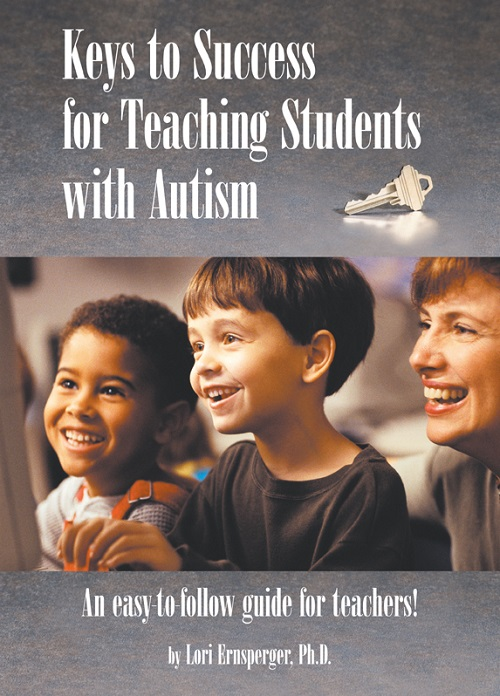 After more than 17 years of experience working with teachers struggling to implement an effective learning program for special needs kids, Dr. Lori Ernsperger decided it was about time someone created a comprehensive resource for practical use in the classroom. She wrote this book as a practical, step-by-step guide to educating students with autism.
After more than 17 years of experience working with teachers struggling to implement an effective learning program for special needs kids, Dr. Lori Ernsperger decided it was about time someone created a comprehensive resource for practical use in the classroom. She wrote this book as a practical, step-by-step guide to educating students with autism. -
 La encantadora rima de Arlene Maguire se combina con las vivas ilustraciones en acuarela de Sheila Bailey para llevar al lector en un viaje al descubrimiento. Más allá de nuestras limitaciones físicas existe un mundo de dones únicos para que cada uno de nosotros compartamos. Aunque nos veamos diferentes, somos iguales por dentro.
La encantadora rima de Arlene Maguire se combina con las vivas ilustraciones en acuarela de Sheila Bailey para llevar al lector en un viaje al descubrimiento. Más allá de nuestras limitaciones físicas existe un mundo de dones únicos para que cada uno de nosotros compartamos. Aunque nos veamos diferentes, somos iguales por dentro. -
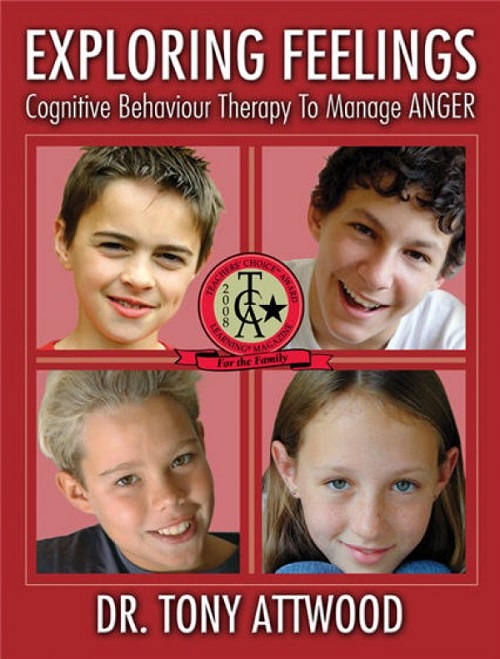 Many children, especially those with developmental delays, have trouble understanding or expressing their feelings. This can result in difficulty with anger management. Listing possible responses to situations—and the likely outcome of each one—allows the child to make informed decisions about which responses to choose (e.g., walking away vs. hitting).
Many children, especially those with developmental delays, have trouble understanding or expressing their feelings. This can result in difficulty with anger management. Listing possible responses to situations—and the likely outcome of each one—allows the child to make informed decisions about which responses to choose (e.g., walking away vs. hitting). -
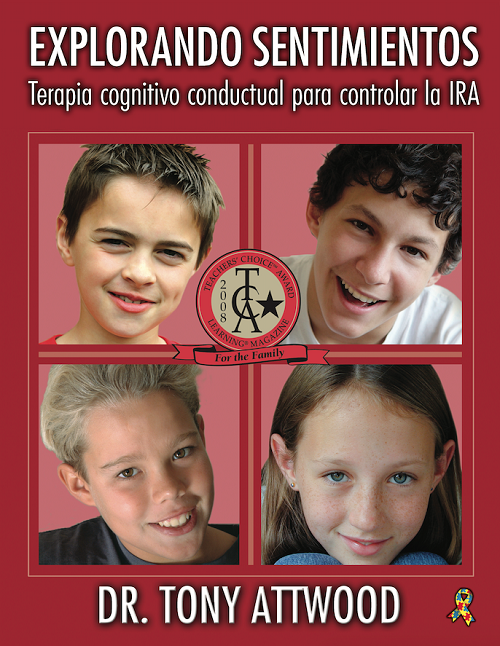 ¡Ganador de un premio 2008 Teachers’ Choice Award! Muchos niños, especialmente aquellos con retrasos en el desarrollo, tienen problemas para comprender o expresar sus sentimientos. Esto puede resultar en dificultades con el manejo de la ira. Listar las posibles respuestas a las situaciones, y el resultado probable de cada una, le permite al niño tomar decisiones informadas sobre qué respuestas elegir (por ejemplo, alejarse frente a golpear).
¡Ganador de un premio 2008 Teachers’ Choice Award! Muchos niños, especialmente aquellos con retrasos en el desarrollo, tienen problemas para comprender o expresar sus sentimientos. Esto puede resultar en dificultades con el manejo de la ira. Listar las posibles respuestas a las situaciones, y el resultado probable de cada una, le permite al niño tomar decisiones informadas sobre qué respuestas elegir (por ejemplo, alejarse frente a golpear). -
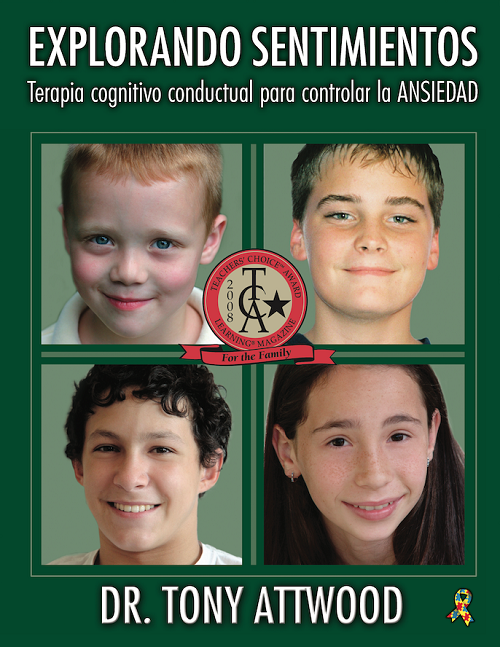 ¡Ganador de un premio 2008 Teachers’ Choice Award! La ansiedad puede ser debilitante para cualquiera, pero puede ser especialmente confusa para un niño. Aprender sobre las emociones ayuda a los niños a reconocer las conexiones entre pensar y sentir, y los efectos fisiológicos de la ansiedad en el cuerpo (sudoración, aumento del ritmo cardíaco, llanto, etc.).
¡Ganador de un premio 2008 Teachers’ Choice Award! La ansiedad puede ser debilitante para cualquiera, pero puede ser especialmente confusa para un niño. Aprender sobre las emociones ayuda a los niños a reconocer las conexiones entre pensar y sentir, y los efectos fisiológicos de la ansiedad en el cuerpo (sudoración, aumento del ritmo cardíaco, llanto, etc.). -
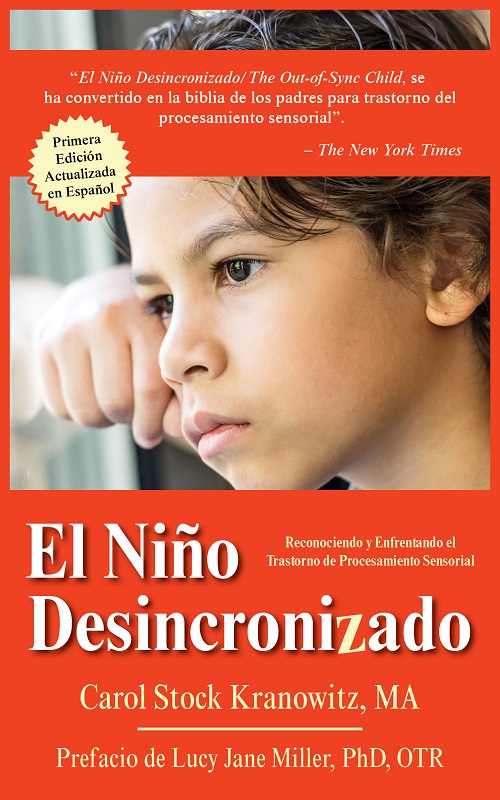 La edición revisada del innovador libro de 1998 que introdujo el Trastorno del procesamiento sensorial (SPD) a padres, maestros y otros no especialistas. SPD es un problema común y frecuentemente diagnosticado erróneamente en el cual el sistema nervioso central malinterpreta los mensajes de los sentidos. Esta nueva edición presenta información adicional sobre déficits visuales y auditivos, dificultades de habilidades motoras, TDAH, autismo, síndrome de Asperger y otros trastornos relacionados.
La edición revisada del innovador libro de 1998 que introdujo el Trastorno del procesamiento sensorial (SPD) a padres, maestros y otros no especialistas. SPD es un problema común y frecuentemente diagnosticado erróneamente en el cual el sistema nervioso central malinterpreta los mensajes de los sentidos. Esta nueva edición presenta información adicional sobre déficits visuales y auditivos, dificultades de habilidades motoras, TDAH, autismo, síndrome de Asperger y otros trastornos relacionados. -
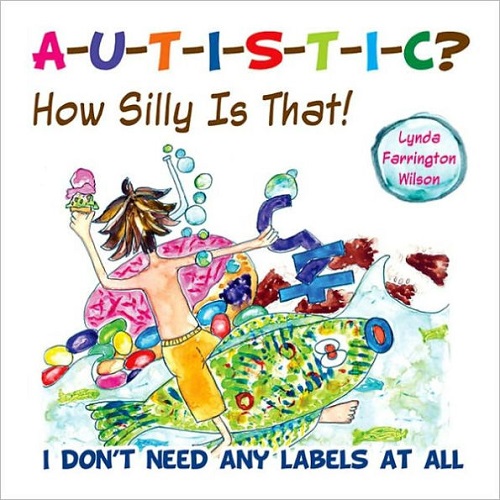 The first book of its kind that tells children with autism they are KIDS with autism, as it gently pokes fun of the label “autistic”. Young readers feel better about themselves after meeting their new friend, the narrator, who HAS autism, as well as many other more important characteristics. Having autism is just one small part of his overall character and we would never again label him as simply “autistic”.
The first book of its kind that tells children with autism they are KIDS with autism, as it gently pokes fun of the label “autistic”. Young readers feel better about themselves after meeting their new friend, the narrator, who HAS autism, as well as many other more important characteristics. Having autism is just one small part of his overall character and we would never again label him as simply “autistic”. -
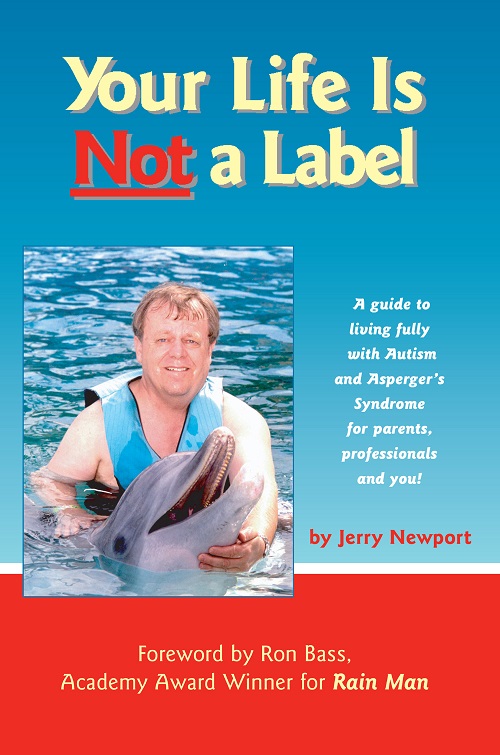 Jerry Newport, diagnosed with Asperger’s Syndrome / High Functioning Autism at age 47, wrote this book for those with developmental disorders, but it resonates with people with any disability. His message: everyone has the power, and the right, to improve the quality of their lives despite their disability. Don’t believe you must be “normal” to be happy; learn to co-exist with neuro-typicals, and become the best human being you can be.
Jerry Newport, diagnosed with Asperger’s Syndrome / High Functioning Autism at age 47, wrote this book for those with developmental disorders, but it resonates with people with any disability. His message: everyone has the power, and the right, to improve the quality of their lives despite their disability. Don’t believe you must be “normal” to be happy; learn to co-exist with neuro-typicals, and become the best human being you can be. -
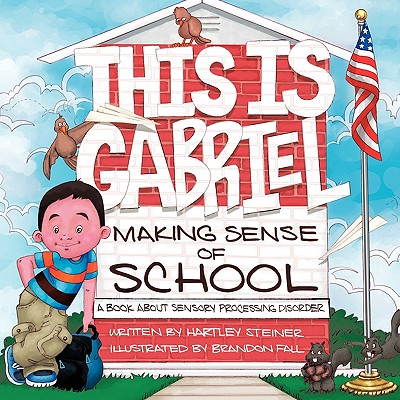 This is Gabriel Making Sense of School provides a look into the challenges children with Sensory Processing Disorder (SPD) face in the classroom. This easy to read and beautifully illustrated picture book gives teachers, parents and students a better understanding of all seven senses, how they are each affected at school and what kinds of accommodations are necessary to help children with SPD become learning sensations!
This is Gabriel Making Sense of School provides a look into the challenges children with Sensory Processing Disorder (SPD) face in the classroom. This easy to read and beautifully illustrated picture book gives teachers, parents and students a better understanding of all seven senses, how they are each affected at school and what kinds of accommodations are necessary to help children with SPD become learning sensations! -
 At long last, the Autism Angel spreads her wings! This powerful guide to intervention and education empowers you with skills and motivation to foster success in youngsters with autism. Each page contains uplifting strategies, experience-based wisdom, and heart-fueling inspiration to help caregivers and professionals apply the techniques and attitudes that have made Jennifer Abeles one of the most respected professionals in the autism community.
At long last, the Autism Angel spreads her wings! This powerful guide to intervention and education empowers you with skills and motivation to foster success in youngsters with autism. Each page contains uplifting strategies, experience-based wisdom, and heart-fueling inspiration to help caregivers and professionals apply the techniques and attitudes that have made Jennifer Abeles one of the most respected professionals in the autism community.

